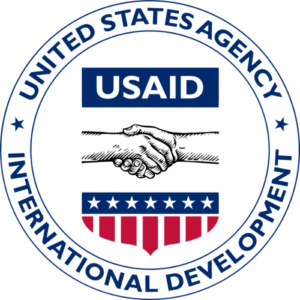Release of results for final USAID evaluation of PRICE project
Date: January 13, 2014
Location: College Park, MD

Poverty has afflicted Bangladesh since its independence in 1971. Since then, the U.S. Agency for International Development (USAID), has designed and implemented projects to promote private-enterprise development and employment generation. These previous USAID-funded projects had the same goals of 1) strengthening product, market development, and market linkages; 2) promoting economy-wide and sector-level reforms; and 3) increasing lending to target firms. Like these projects, the Poverty Reduction by Increasing the Competitiveness of Enterprises (PRICE) project is a 5-year project that aims to increase economic development in Bangladesh by alleviating limitations in the country’s lead value chains of horticulture, aquaculture, and leather.[1]
Through the Learning Evaluation and Analysis Project (LEAP) contract, USAID contracted Optimal Solutions Group, LLC (Optimal) to conduct the final performance evaluation of the PRICE project. The project, which was implemented between 2008 and 2013 with a total funding of $12.9 million, had the goals of increasing pro-poor economic opportunities; improving workforce skills and social-compliance practices; improving governance practices related to economic growth and poverty reduction; increasing small and medium enterprise development; increasing the growth of the non-textile private sector; and increasing capacity and use of knowledge-management systems.[2]
Optimal’s LEAP team came upon mostly positive findings, such as the fact that PRICE succeeded in achieving its project goals across the three sectors; lead horticulture firms benefitting from the project in community mobilization, training, and adoption in bigger communities and geographic areas; and the project increasing women’s technical skills in horticulture and aquaculture.
To view the full report, please click here
